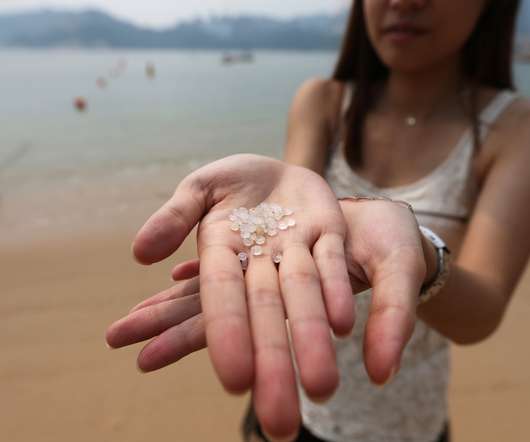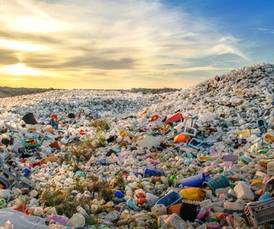Nurdles? The worst toxic waste you’ve probably never heard of.
Grist
DECEMBER 1, 2021
The most “significant” harm, according to the UN, came from the spillage of 87 containers full of lentil-sized plastic pellets: nurdles. It is the largest plastic spill in history, according to the UN report. The tiny beads can be made of polyethylene, polypropylene, polystyrene, polyvinyl chloride and other plastics.















Let's personalize your content